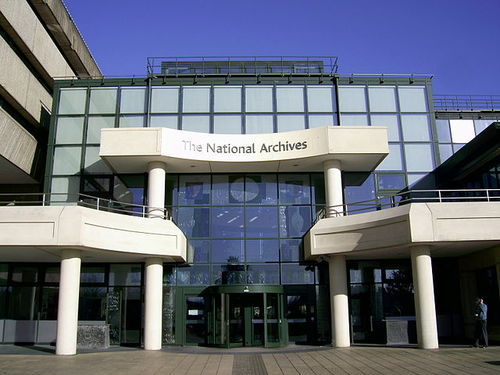
Post: 23 September 2013
The UK National Archives has quietly released a new Charged Licence for re-use of public sector information. The Licence has been in beta since November of last year.
The Charged Licence is central to new provisions on re-use of datasets in the Freedom of Information Act. A Code of Practice on those provisions was published by the Ministry of Justice in July and the FOI provisions themselves took effect on 1 September, so release of the Charged Licence is somewhat overdue. (National Archives may have been prompted by my tweet of last week, or the timing may be coincidental.)
The Charged Licence is one of three recommended licences that make up the UK Government Licensing Framework for re-use of public sector information. The Charged Licence joins the widely admired Open Government Licence (OGL) and the widely ignored Non-Commercial Government Licence (NCGL).
From the perspective of support for the open data agenda, I remain of the view that the Charged Licence is a negative development. Availability of the Charged Licence is likely to encourage and equip public sector authorities to set fees for re-use of public data, where they might otherwise have published that data under the Open Government Licence.
The Charged Licence should be seen in the context of MOJ’s Code of Practice, which provides guidance to public authorities on how they should apply the Licensing Framework in the context of FOI and is broadly unsupportive of open data.
Although National Archives solicited comments on the beta version of the Charged Licence, it is unclear to what extent external feedback has been reflected in the final version. There do not seem to be many changes of substance. However I have added some notes below on differences between the beta version and the final version.
As a general comment, I am skeptical whether the Charged Licence will be of much practical value to public authorities who do not already have in-house expertise in the commercial licensing of datasets. The Licence has the virtue of being short, relative to most commercial data licences. However it contains quite a few subjectivities.
FOI practitioners who are unused to dealing with licensing issues may have difficulty resolving questions about the terms of the Charged Licence from applicants who want to re-use public data. They may also find that the Charged Licence will require significant adaptation to meet the requirements of specific datasets and types of re-use. (The upside of these problems is, of course, that public authorities may be encouraged to take the simpler route of releasing their datasets as open data under the Open Government Licence.)

Amendments to the Charged Licence
Following are my notes on differences between the beta version of the Charged Licence, published for comment in November 2012, and the final version released last week.
Page 2: Definitions have been added for ‘End-user’ and 'End-user Licence’.
Page 2: The requirement that the applicant should comply with the Data Protection Act (DPA) and the Privacy and Electronic Communications Regulations (PECR) has been removed from the Licence. This makes sense; these are statutory obligations so there’s no need to include them in the Licence as well.
Page 3: An expectation that payment details should be set out in the Schedule has been removed.
Page 3: A requirement that invoices should be paid within [x] days has been removed.
Page 4: References to "in writing or by email" have been corrected to “in writing (by post or email)” in two instances, but left unchanged in one instance. The latter is probably an oversight.
Page 4: The prohibition on assigning or sub-licensing of rights has been qualified with “except in the context of issuing an End-user Licence”. That “in the context of” is a bit loose for my taste, but suum cuique.
Page 4: "We warrant to the re-user" has been changed to “We warrant to you”. Presumably the intention there is to remove any risk that end-users might have recourse under the Licence.
Page 4: As the governing law, the public authority should specify either England and Wales or Northern Ireland rather than any other jurisdiction. Note in particular the omission of Scotland as a permissible jurisdiction.
Page 5 (the Schedule): Added to the list of rights to re-use the information is, “allowing End-users to use the Information as authorised by an End-user Licence (except that an End-user shall not have the right to sub-license the right to access the Information).”
Page 5 (the Schedule): As the term of the Licence, the period may be in months (rather than years as in the beta). However a minimum initial term of 1 year has been added. This strikes me as inflexible, given the wide range of potential re-use cases that the Licence is intended to cover.
Page 5 (the Schedule): A suggested warranty wording has been removed (as it’s duplicated in the body of the Licence). A placeholder has been added for terms on dispute resolution. A suggestion to add the VAT rate has been removed.
National Archives photo by Nick Cooper via Wikimedia Commons, licence CC-BY-SA-2.5.